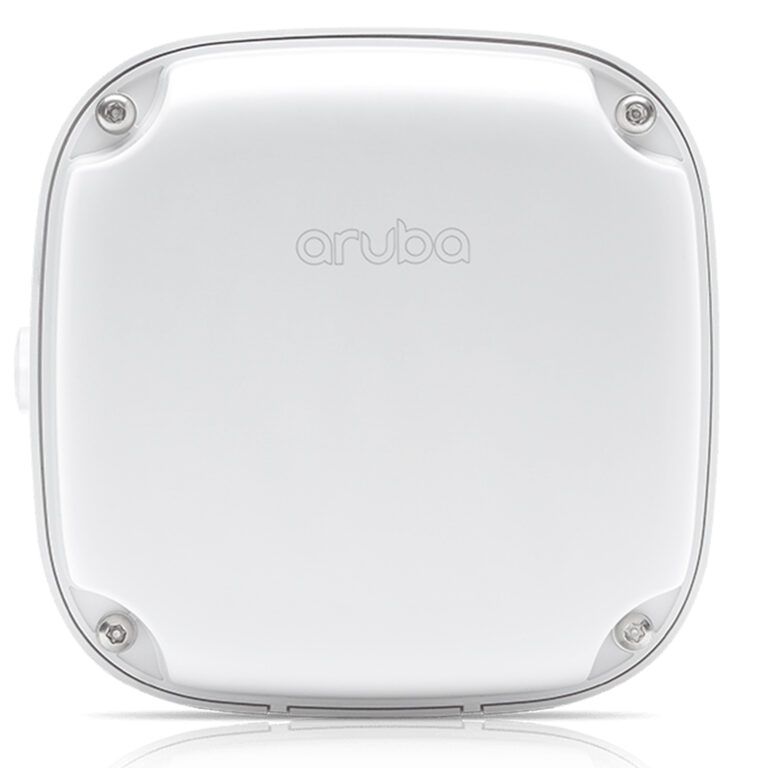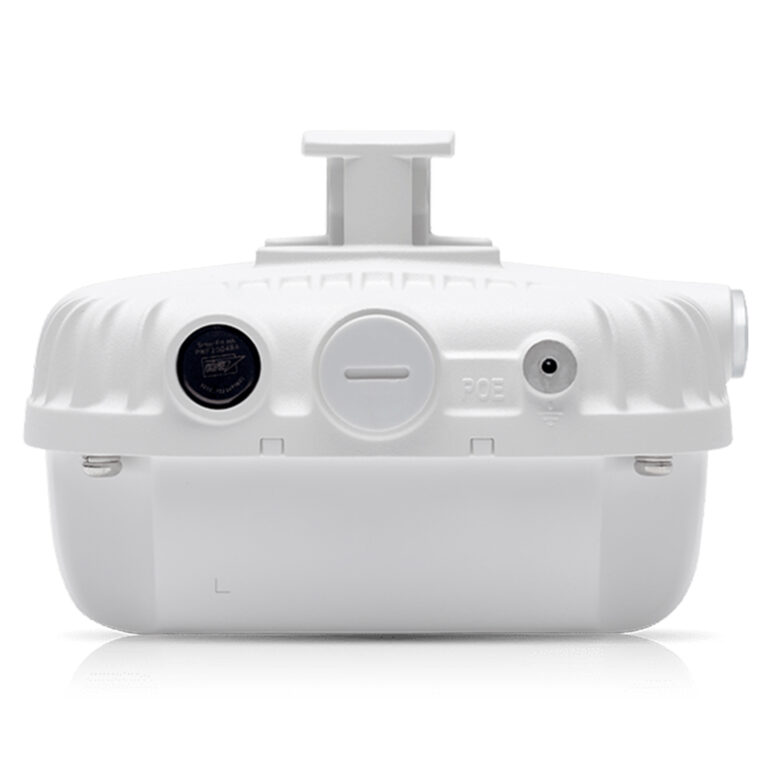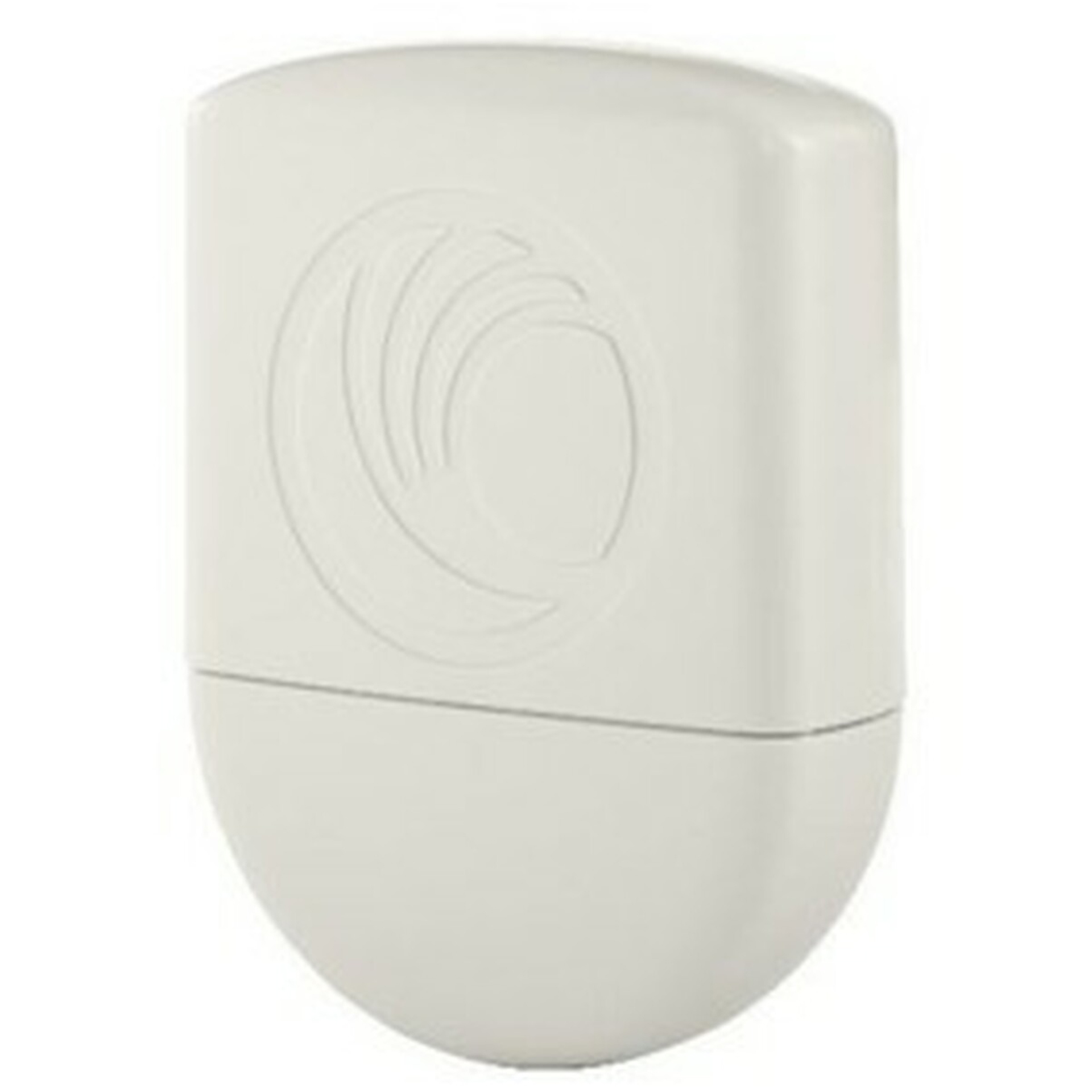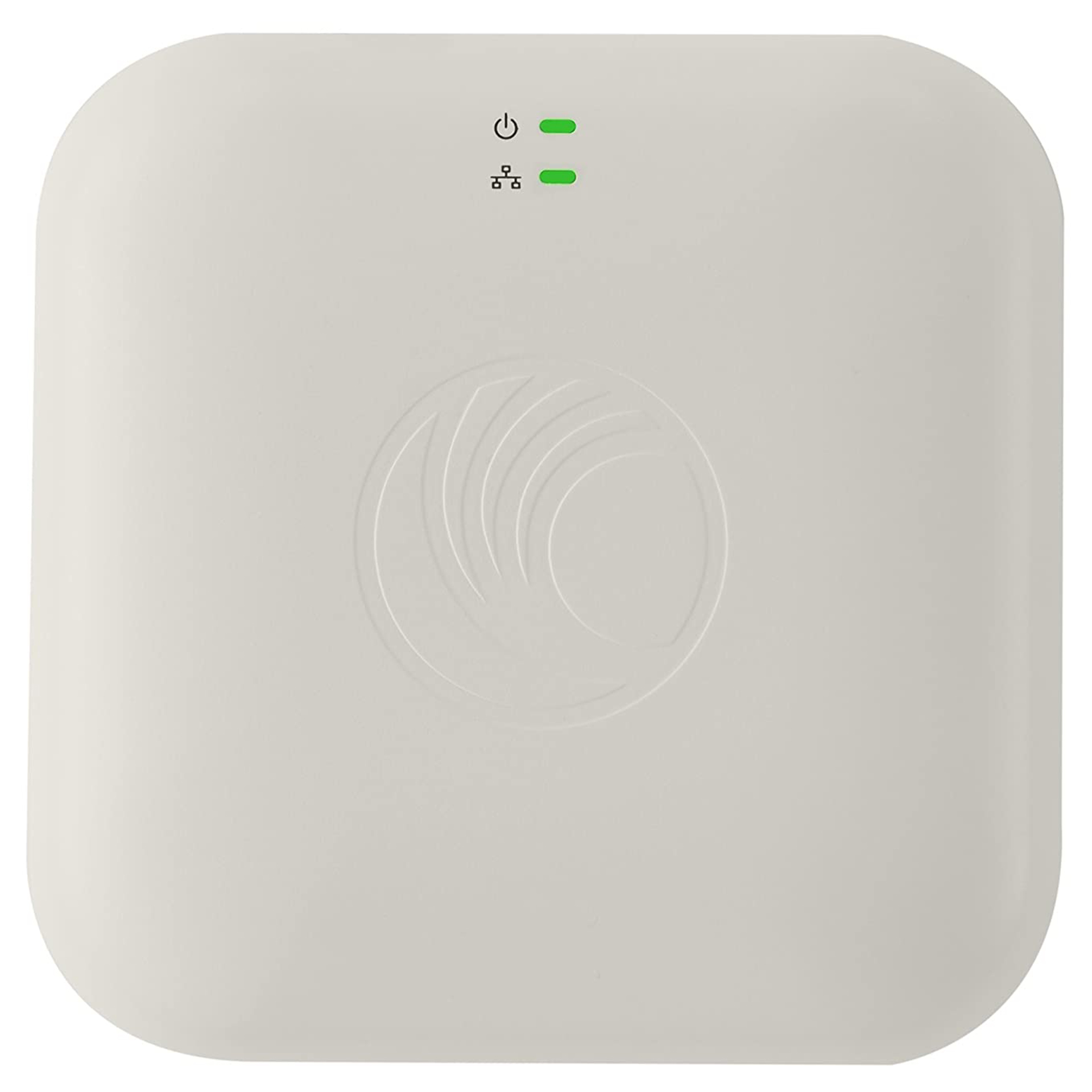- Call Us: +971 433 83 178 |
- Email Us: sales@cyberlegend.ae
ARUBA 360 SERIES
Aruba 360 Series multi functional outdoor access point deliver effective wireless connectivity to mobile and IoT devices in a wide range of outdoor and warehouse environments. It comes with a multi user MIMO, 4 spatial streams to quickly provide concurrent data transmission, maximizing data throughput and improving network efficiency. It features the Aruba ClientMatch technology and integrated blue tooth capabilities. The integrated wireless intrusion protection offers threat protection and reduce the need for separate security devices. Aruba 360 wireless access point is perfect for outdoor environments.
Features
ClientMatch technology
Wireless intrusion protection
Intelligent power monitoring
Integrated wireless intrusion protection
Comprehensive protection against advanced online threats
Deliver gigabit Wi-Fi to outdoor and extreme environments.
Specifications:
Overview
Multifunctional 360 Series outdoor 802.11ac Wave 2 access points deliver cost-effective, wireless connectivity for mobile and IoT devices in educational, enterprise, retail, and industrial settings.
Able to survive in harsh outdoor environments, the 360 Series can withstand exposure to high and low temperatures, persistent moisture and precipitation, and are fully sealed to keep out airborne contaminants.
UNIQUE BENEFITS
Delivers 1.17 Gbps aggregate throughput
Advanced Cellular Coexistence (ACC)
Minimizes interference from 3G/4G cellular networks, distributed antenna systems and commercial small cell/femtocell equipment
Quality of service for unified communication apps
Supports priority handling and policy enforcement for unified communication apps, including cellular Wi-Fi calling and Microsoft Skype for Business with encrypted videoconferencing, voice, chat and desktop sharing
Best-in-class RF management
Integrated Adaptive Radio Management™ technology manages the 2.4-GHz and 5-GHz radio bands and ensures that APs stay clear of RF interference
Built-in Bluetooth Low-Energy (BLE) radio
Enables proximity-based push notifications and location-based services for BLE-enabled mobile devices
Enables management for deployment of battery powered Aruba Beacons
Spectrum analysis
Capable of part-time or dedicated air monitoring, the spectrum analyzer remotely scans the 2.4-GHz and 5-GHz radio bands to identify sources of RF interference
Wireless mesh
Wireless mesh connections are convenient where Ethernet drops are not available
CHOOSE YOUR OPERATING MODE
The 360 Series APs offer a choice of operating modes to meet your unique management and deployment requirements.
Controller-managed AP or Remote AP (RAP) running ArubaOS™ – When managed by Aruba Mobility Controllers, 360 Series APs offer centralized configuration, data encryption, policy enforcement and network services, as well as distributed and centralized traffic forwarding. Please refer to the data sheets for more details.
Aruba 360 Series APs running InstantOS™ – In Aruba Instant mode, a single AP automatically distributes the network configuration with other APs in Instant mode in the WLAN.
Air monitor
Hybrid WLAN AP and air monitor
Secure enterprise mesh
For large installations across multiple sites, the Aruba Activate™ service significantly reduces deployment time by automating device provisioning, firmware upgrades, and inventory management. With Aruba Activate, Aruba APs in Instant mode are factory shipped to any site and configure themselves when powered up.
If WLAN and network requirements change, a built-in migration path allows 360 Series APs in Instant mode to become part of a WLAN that is centrally managed by a Mobility Controller.
SPECIFICATIONS
AP-365
2.4-GHz (300 Mbps max)? and 5-GHz (867 Mbps max) radios, each with 2×2 MIMO and integrated omni- directional antennas.
AP-367
2.4-GHz (300 Mbps max)? and 5-GHz (867 Mbps max) radios, each with 2×2 MIMO and integrated directional antennas.
WIRELESS RADIO SPECIFICATIONS
AP type: outdoor, dual radio, 5 GHz 802.11ac and 2.4 GHz 802.11n
2×2 MIMO with two spatial streams and up to 1,266 Mbps wireless data rate
Supported frequency bands (country-specific restrictions apply):
2.4000 GHz to 2.4835 GHz
5.150 GHz to 5.250 GHz
5.250 GHz to 5.350 GHz
5.470 GHz to 5.725 GHz
5.725 GHz to 5.875 GHz
Available channels: Dependent upon configured regulatory domain
Dynamic Frequency Selection (DFS) compliant to radar coexistence requirements
Supported radio technologies:
802.11b: Direct-sequence spread-spectrum (DSSS)
802.11a/g/n/ac: Orthogonal frequency-division multiplexing (OFDM)
802.11n/ac: 2×2 MU-MIMO with up to two spatial streams
Supported modulation types:
802.11b: BPSK, QPSK, CCK
802.11a/g/n: BPSK, QPSK, 16-QAM, 64-QAM
802.11ac: BPSK, QPSK, 16-QAM, 64-QAM, 256-QAM
Transmit power: Configurable in increments of 0.5 dBm
Maximum (conducted aggregate) transmit power (limited by local regulatory requirements):
2.4-GHz band: +26 dBm (23 dBm per chain)
5-GHz bands: +25 dBm (22 dBm per chain)
Advanced cellular coexistence (ACC) feature to effectively deal with interference from cellular systems
Maximum ratio combining (MRC) for improved receiver performance
Cyclic delay diversity (CDD) for improved downlink RF performance
Short guard interval for 20-MHz, 40-MHz and 80-MHz channels
Space-time block coding (STBC) for increased range and improved reception
Low-density parity check (LDPC) for high-efficiency error correction and increased throughput
Transmit beam-forming (TxBF) for increased reliability in signal delivery
802.11ac wave 2 MU-MIMO
Supported data rates (Mbps):
802.11b: 1, 2, 5.5, 11
802.11a/g: 6, 9, 12, 18, 24, 36, 48, 54
802.11n: 6.5 to 300 (MCS0 to MCS15)
802.11ac: 6.5 to 867 (MCS0 to MCS9, NSS = 1 to 2)
802.11n high-throughput (HT) support: HT 20/40
802.11ac very high throughput (VHT) support: VHT 20/40/80
802.11n/ac packet aggregation: A-MPDU, A-MSDU Power
Maximum power consumption: 12.5 watts
Power over Ethernet (PoE): 48 Vdc (nominal) 802.3af-compliant source





